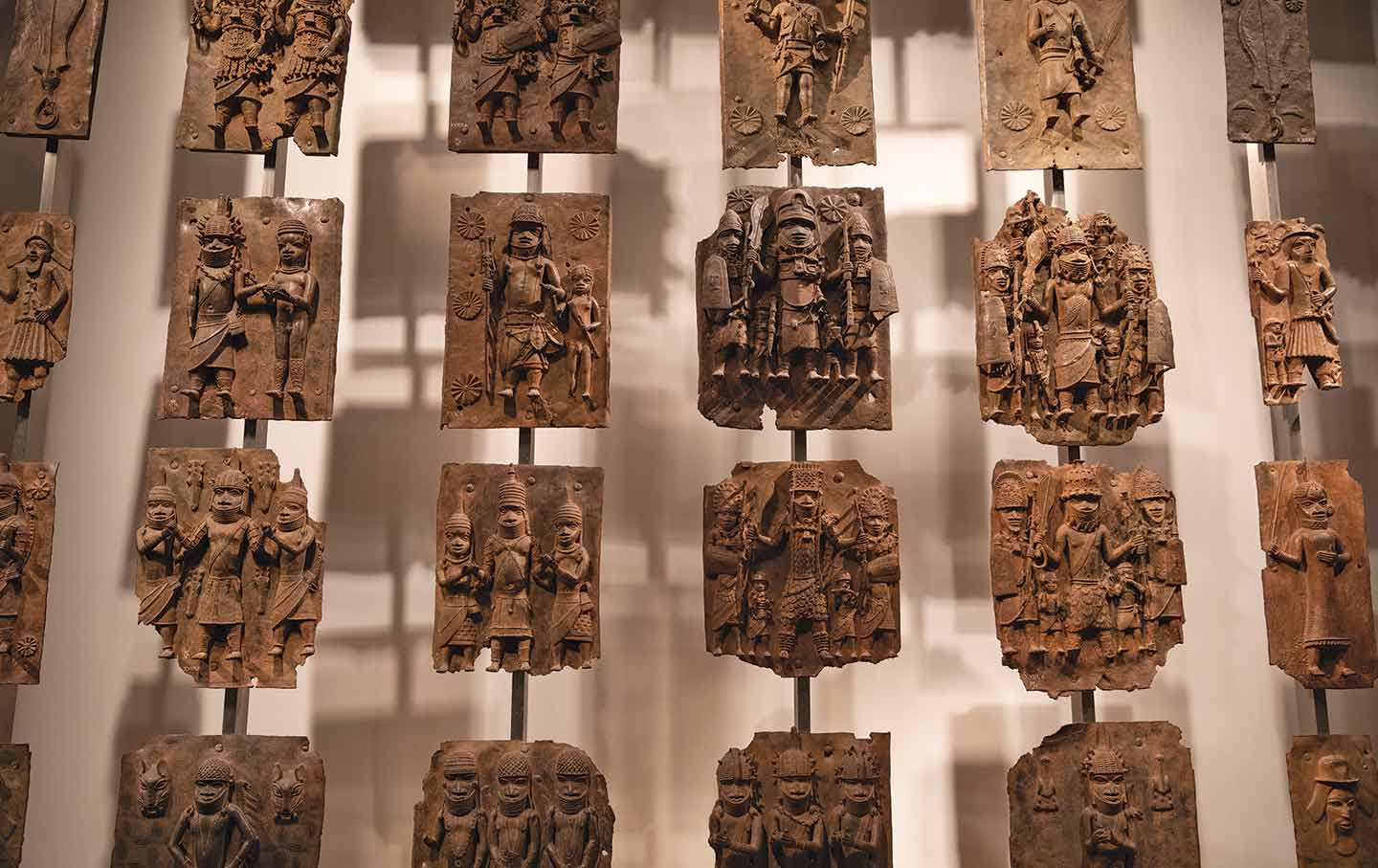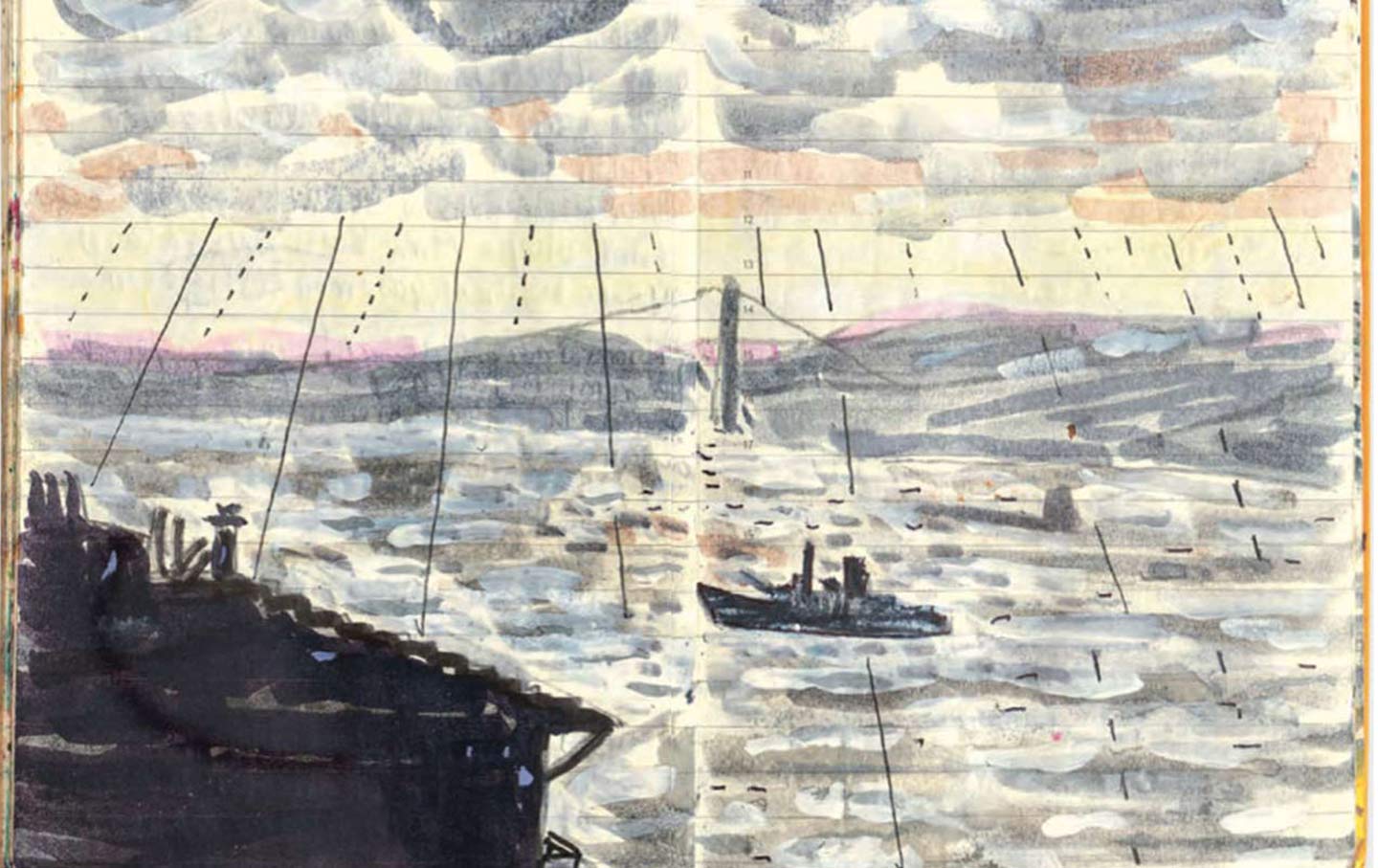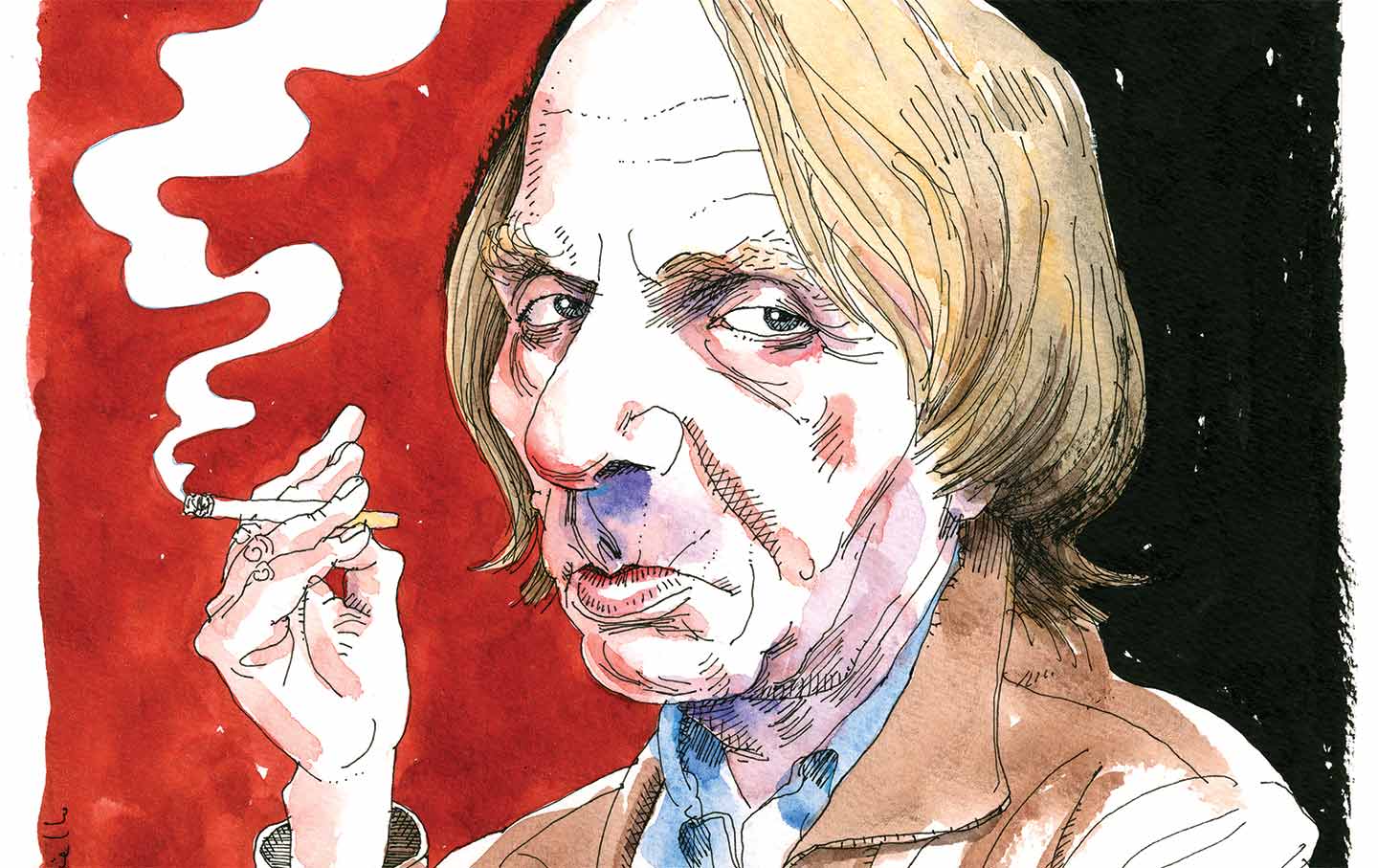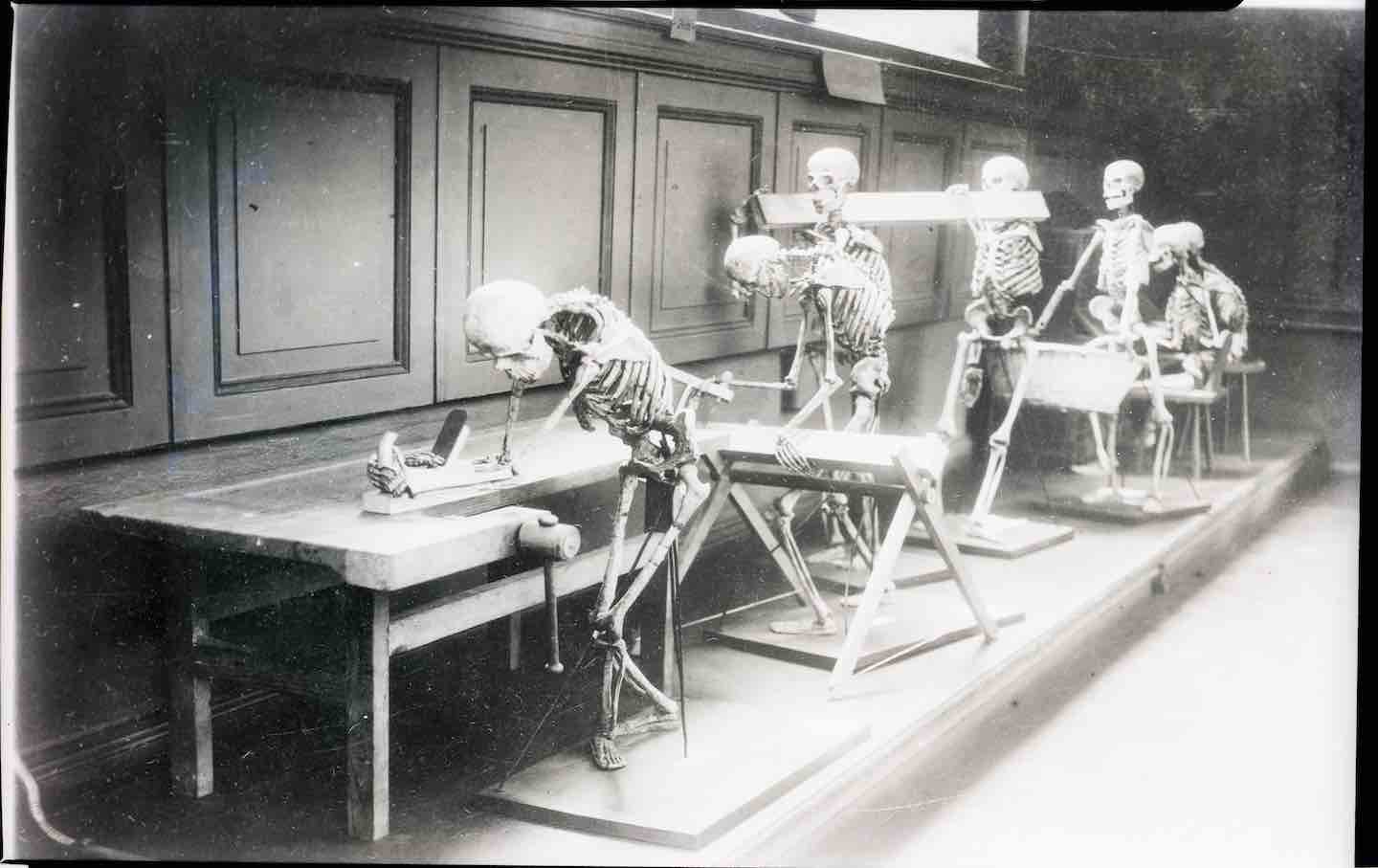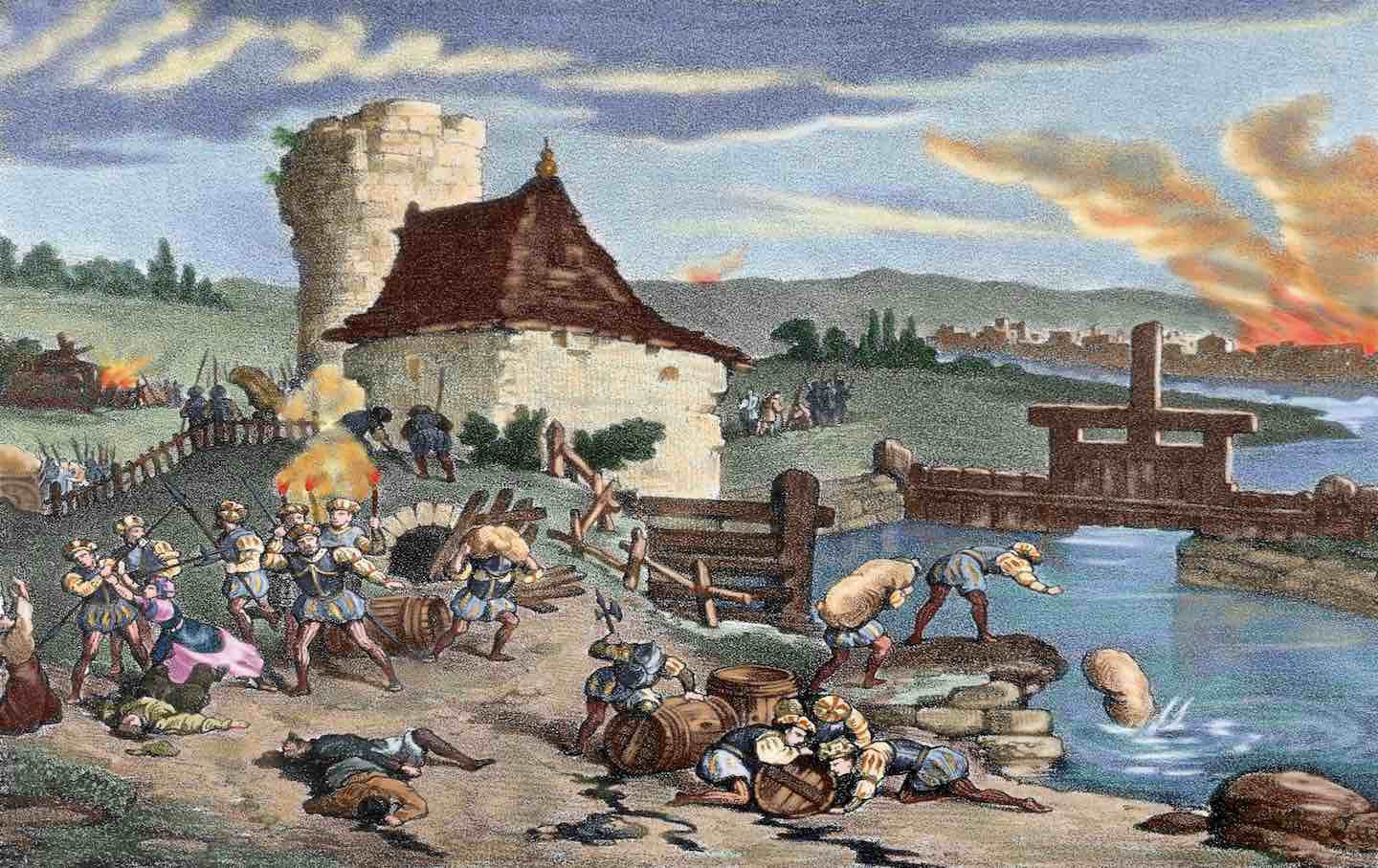Overseas Woo
It occurs to me—I’ve never talked to both of you at the same time. Now feels good. Okay, even. Each of you, together again, on that side of eternity. Me, on this side, so close to Milan where you drew portraits of turtles before I was even a thought, where your big brothers said you’d never make it after having a baby. I’m here now. Where the lizards tick and scatter over the tile and the grass burns sage. I’m in Italy where even the talking sings and your New York is just a marble behind my eye. I feel you about/above/emitting from my gums and my savior laughter. When I said “Don’t go” this is not what I meant. C’est la vie—the town just across the lake is always pressed down longer by the thumb of the sun. Everything in this place sinks its beak into me. In their bellies, the mosquitoes carry a bit of us, up into the mountains. I know what my job is.
We cannot back down
We now confront a second Trump presidency.
There’s not a moment to lose. We must harness our fears, our grief, and yes, our anger, to resist the dangerous policies Donald Trump will unleash on our country. We rededicate ourselves to our role as journalists and writers of principle and conscience.
Today, we also steel ourselves for the fight ahead. It will demand a fearless spirit, an informed mind, wise analysis, and humane resistance. We face the enactment of Project 2025, a far-right supreme court, political authoritarianism, increasing inequality and record homelessness, a looming climate crisis, and conflicts abroad. The Nation will expose and propose, nurture investigative reporting, and stand together as a community to keep hope and possibility alive. The Nation’s work will continue—as it has in good and not-so-good times—to develop alternative ideas and visions, to deepen our mission of truth-telling and deep reporting, and to further solidarity in a nation divided.
Armed with a remarkable 160 years of bold, independent journalism, our mandate today remains the same as when abolitionists first founded The Nation—to uphold the principles of democracy and freedom, serve as a beacon through the darkest days of resistance, and to envision and struggle for a brighter future.
The day is dark, the forces arrayed are tenacious, but as the late Nation editorial board member Toni Morrison wrote “No! This is precisely the time when artists go to work. There is no time for despair, no place for self-pity, no need for silence, no room for fear. We speak, we write, we do language. That is how civilizations heal.”
I urge you to stand with The Nation and donate today.
Onwards,
Katrina vanden Heuvel
Editorial Director and Publisher, The Nation

